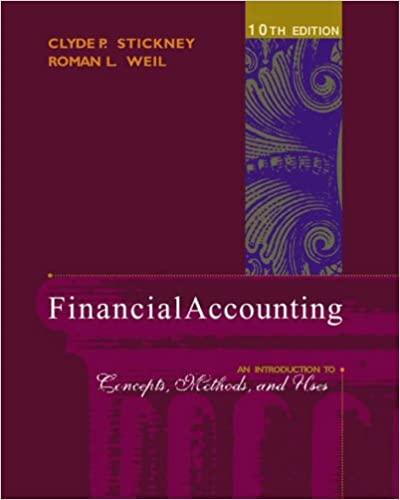Journal entries for hedging transactions. Fixed Issue Company issued 9 percent, fixed-rate, semiannual coupon bonds on January
Question:
Journal entries for hedging transactions. Fixed Issue Company issued 9 percent, fixed-rate, semiannual coupon bonds on January 1 at par for \(\$ 10\) million. It simultaneously entered into an interest-rate swap with Counterparty Bank: Fixed will pay the bank at the end of each six-month period if interest rates at the beginning of the sixmonth period exceed 9 percent; and the bank will pay Fixed if interest rates at the beginning of the six-month period are below 9 percent. If the market rate is \(r\) at the beginning of each six-month period, then the bank will pay Fixed at the end of the sixmonth period an amount equal to \(1 / 2 \times(.09-r) \times \$ 10,000,000\). The market interest rate is 9 percent at the time of issue. Interest rates decrease to 6 percent by the end of the first six-month period, increasing the market value of the bonds to \(\$ 14\)
million and increasing the market value of the interest-rate swap to \(\$ 3.8\) million. By the end of the year, interest rates rise to 7 percent and the market value of the bonds decreases to \(\$ 12.75\) million. The market value of the interest-rate swap decreases to \(\$ 2.7\) million during the period from July 1 through December 31 .
a. Record journal entries for the following dates: January 1, at the time of bond issue; June 30, at the time of the first debt-service payments; and December 31, at the time of the second debt-service payments.
b. Is this a fair-value hedge or a cash-flow hedge? Has the hedge fulfilled its purpose?
Step by Step Answer:

Financial Accounting An Introduction To Concepts Methods And Uses
ISBN: 9780324183511
10th Edition
Authors: Clyde P. Stickney, Roman L. Weil





